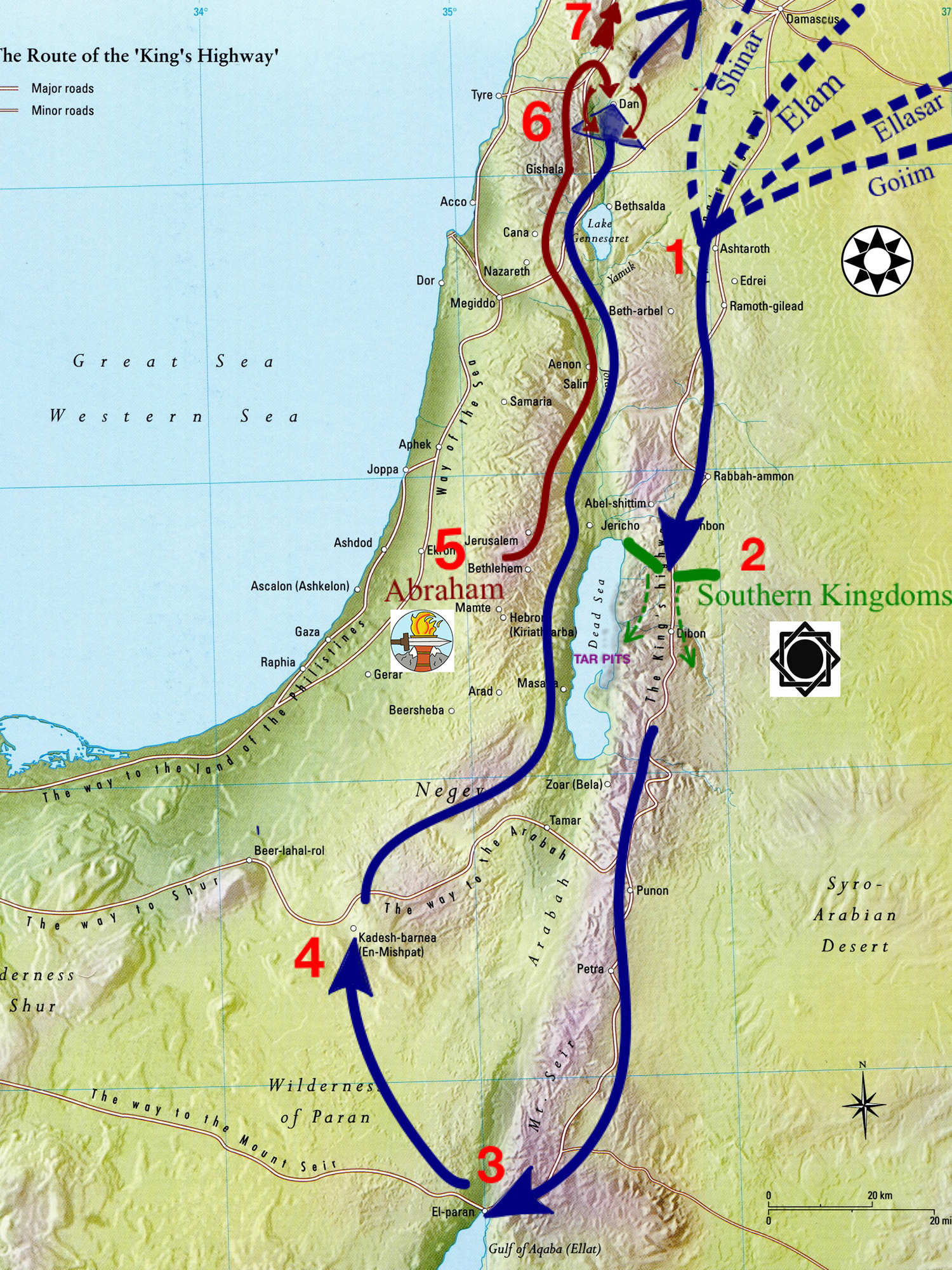
With the situation in the north critical and still needing money, Charles recalled Parliament that fall. Reconvening in November, Parliament immediately began introducing reforms including a need for regular parliaments and prohibiting the king from dissolving the body without the members' consent. The situation worsened when Parliament had the Earl of Strafford (1593–1641), a close advisor of the king, executed for treason. In January 1642, an angry Charles marched on Parliament with 400 men to arrest five members. Failing, he withdrew to Oxford. 1638, Charles encountered difficulty when he attempted to impose a new Book of Prayer on the Church of Scotland. This action touched off the Bishops' Wars (1639–1640) and led the Scots to document their grievances in the National Covenant.Ĭulture Club / Contributor / Getty ImagesĪssembling an ill-trained force of around 20,000 men, Charles marched north in the spring of 1639. Reaching Berwick on the Scottish border, he encamped and soon entered into negotiations with the Scots. The resulting Treaty of Berwick, signed on June 19, 1639, temporarily defused the situation. Chronically short on funds, and concerned that Scotland was intriguing with France, Charles was compelled to call a Parliament in 1640. Known as the Short Parliament, he dissolved it in less than a month after its leaders criticized his policies. Renewing hostilities with Scotland, Charles' forces were defeated by the Scots, who captured Durham and Northumberland. Occupying these lands, they demanded £850 per day to halt their advance. This approach angered the population and nobles, and the period from 1629–1640 became known as the "personal rule of Charles I" as well as "the Eleven Years' Tyranny." Consistently short of funds, the king found that policy was frequently determined by the state of the nation's finances.


Ascending to the thrones of England, Scotland, and Ireland in 1625, Charles I believed in the divine right of kings, which stated that his right to rule came from God rather than any earthly authority. This led him to frequently clash with Parliament as their approval was needed for raising funds. Dissolving Parliament on several occasions, he was angered by its attacks on his ministers and reluctance to provide him with money. In 1629, Charles elected to stop calling Parliaments and began funding his rule through outdated taxes such as ship money and various fines.


 0 kommentar(er)
0 kommentar(er)
